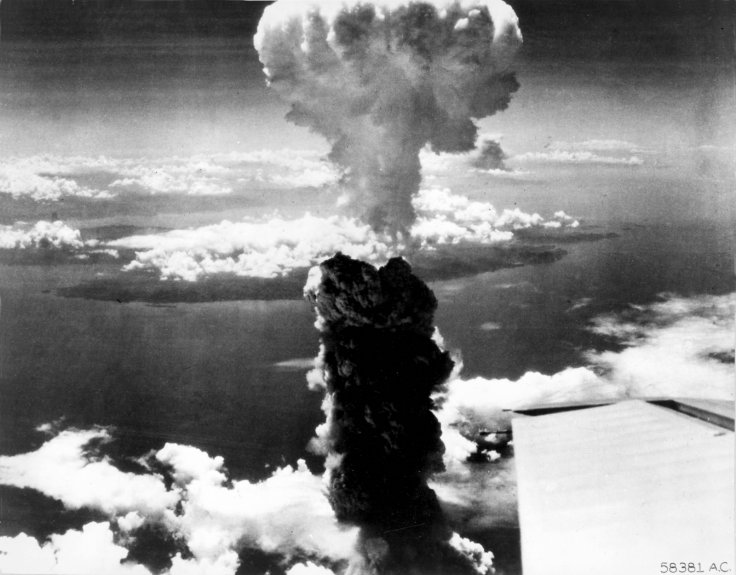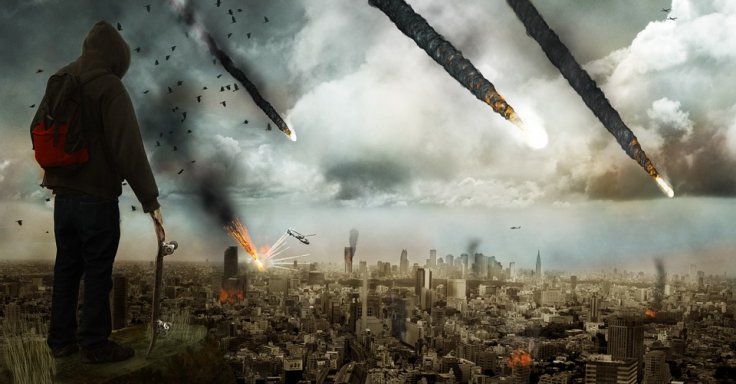A study led by a scientist from NASA warned that a minor nuclear war between India and Pakistan could trigger the largest famine the world has ever experienced. The study noted that the effects of the nuclear war could last for several years.
The new study on the correlation between nuclear war and famine was carried out by a team of multinational researchers. They presented their findings through a paper recently published in the journal Proceedings of the National Academy of Sciences.

The World's Nuclear Arsenal
According to the researchers, there are about 14,000 nuclear warheads in the world. The majority of these, or about 95 percent, belong to Russia and the United States. Other countries, on the other hand, have fewer warheads compared to these superpowers.
India and Pakistan, for example, have 150 nuclear warheads each. For the study, the researchers focused on the effects of a nuclear war between India and Pakistan. Specifically, it explained what would happen to Earth if each of these countries detonates 50 atomic bombs that are as powerful as the one used in Hiroshima, Japan, in World War II.
Nuclear War Between India And Pakistan
The researchers noted that if these two countries used a total of 100 atomic bombs, it would only account for one percent of the world's entire nuclear arsenal. Unfortunately, detonating a small percentage of all existing nuclear warheads can still have a huge impact on Earth.
Aside from the destruction, it would cause, a minor nuclear war could launch five million tons of soot, which is carbon from burning organic matter, into the stratosphere. This would be enough to trigger a wide-scale nuclear winter by preventing sunlight from entering.

Causing The Largest Famine In History
The lack of sunlight, coupled with a drop in global temperature by about 1.8 degrees Celsius, would paralyze the world's crop production. According to the researchers, the four main crops that would most likely be affected by the nuclear winter would be maize, wheat, soybeans and rice.
The collapse of crop production would set-off global famine that could last five to 10 years, or even longer. "Even this regional, limited war would have devastating indirect implications worldwide," Jonas Jägermeyr, lead author of the study and a postdoctoral scientist at the NASA Goddard Institute for Space Studies, said in a statement. "It would exceed the largest famine in documented history."









